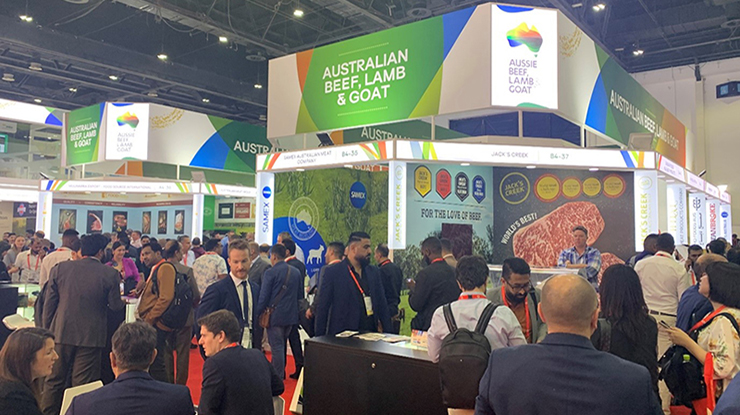Converting household food waste into energy and reducing your gas bill is a win-win for the planet, the economy and your bank balance.
Of all the world’s millions of tonnes of food waste produced annually, it is estimated that 95 per cent goes to landfill where it becomes the major contributor to greenhouse gas emissions as well as a polluter of groundwater.
Dr Meris Zheng, of Victoria University, Managing Director at EnviroInsights Pty Ltd and previously Consultant at E.E.T. Services, is working towards a solution.
Managing and disposing of food waste requires money and resources.
There is an urgent need to better address the management and disposal of household food waste. Managing it is costly and the issues are compounded by increasing urban populations.
– Dr Zheng
Dr Zheng conducted a review of household food waste management and technology worldwide. Using this information, and in collaboration with three Councils, she carried out a survey of residents across the Melbourne metropolitan area.
The survey targeted residents of detached houses, semi-detached houses/low-rise dwellings and high-rise dwellings. “This information is of both a qualitative and quantitative nature. For example, it is important to know both the nature and the quantity of the food waste generated as well as residents’ attitudes towards disposal and treatment,” she said.
Dr Zheng’s ultimate goal is the on-site treatment of food waste that will produce biogas for domestic use. Each household that uses gas would have an appliance that converts food waste into biogas and this supplements the household’s supply. The residue is used as compost and nothing is sent to landfill.
On-site, small-scale technology will reduce the environmental impacts and the costs arising from collection, sorting and transport and turn the waste into energy and fertiliser. This promises to close the loop of production from the end of food chain and finally to achieve ‘zero waste’ at the micro scale.
– Dr Zheng
“We are confident that the combination of an extensive targeted survey of household food waste management in the Melbourne metropolitan area, coupled with the design and trialling of a household pilot plant, will result will be a commercially viable product,” Dr Zheng said.








